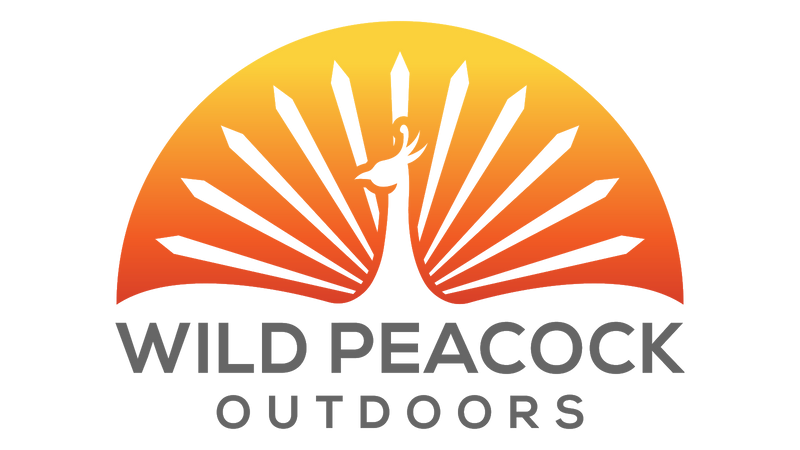Sources for Planning a Camping Trip
Posted on August 28 2020
Sources for Planning a Camping Trip.
Planning the trip can be almost as fun as taking the actual trip, and the internet provides some great resources for finding places to go and things to do. It's still good though to combine what's available online, with old fashioned tools such as a good Atlas and travel magazines.
Actually, an Atlas is a better place to start in my opinion, because you can easily page through states, and areas you think you might want to visit and just look for the darker green areas that show where the National Parks are. Atlases also show campground locations, and you can see if there are nearby rivers or lakes if you like water sports.
Once you've determined where you want to go, the next step is to look at what's online. In addition to using Google, Yahoo, Ask, Bing or whatever your favorite search engine is, there are some other really great online sources for doing your camping research that are free.
CampingUSA
This site provides campgrounds by state and City. It shows campgrounds within 50 miles of a given city or you can search campground names. Campgrounds must link back from their websites to show up on CampingUSA, so you might not get results on campgrounds that have no website.
US National Forest Campground Guide - forestcamping.com
This site provides campground descriptions for National Forests and National Parks. it shows availability of recreational activities (boating, canoeing, rafting, kayaking, hiking, fishing etc.) the number of campsites (Tent, RV, combination), ability to make reservations, prices, trail & hiking information, Information on land passes (for disabled, retired and annual fees), volunteer programs and campground descriptions, and pictures. Look ups on this site can be done by state or by national forest/grassland regions.
Go Camping America
Geared primarily toward RVers, GoCampingAmerica is built on paid advertisement. It shows private parks and campgrounds. It provides information and links to tourist attractions and recreational activities, nature preserves, national monuments and wildlife refuges. It does not, however, include information on State and National Forest campgrounds.
Reserve America - ReserveAmerica.com
Great for looking up Federal, State and Private campgrounds and is probably the best there is for making reservations. It does a really good job of showing park amenities, whether or not they accept pets, available recreational activities, address/directions/maps to parks, campground maps, site types (Tent, RV, Combo), size of RV each site can handle, and availability of sites by date and date range. It also shows availability of handicap access, and what hunting and fishing licenses are needed for each state. Another useful feature, is a listing of Federal, State, Private and Local agencies which run the parks. There is a minimal fee to make reservations, but using the site for research is free.
Other Information Sources
Other great sources of information include: camping forums, camping blogs and some of the social networking sites. Get involved in the conversations and ask questions. There is a good chance someone has been where you are going, and has an answer.
Plan your Route
Once you've figured out where to go, you'll want to take a look at the route to take. Use your Atlas, Google Maps or MapQuest to plan the route. Are there any interesting places along the way worth seeing? Follow the same process, check your Atlas, look at travel magazines, travel sites. Do searches and ask questions online to see what's available for a short side trip or two along the way. This can make the trek that much more fun and interesting and provide a break in the driving. Figure out how much time you want to spend on side trips and make that part of the plan.
Have Fun
There is a huge amount of information out there that makes planning a trip almost as fun as the trip itself. So pull out an Atlas. Read travel magazines. Decide where you want to go. Do some online research. Plan your route to include some site-seeing. Make your reservations, pack your camping tents and gear and have fun.
